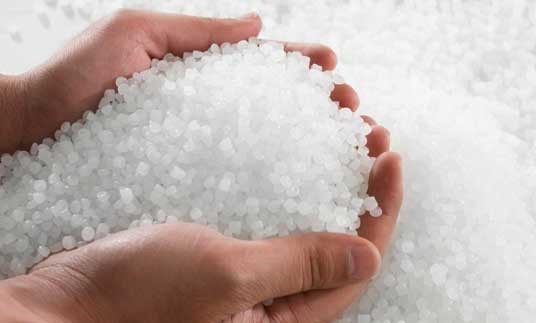Update: India’s quality control on PE officially comes into effect with several exceptions
However, at the moment, the B.I.S regulation is only applied to all HDPE grades while the government set exemptions on the following PE categories:

As of 05 January 2024, the quality control measures imposed on polyethylene (PE) cargoes traded in India have officially come into effect following several years of processing. The regulation under the Bureau of Indian Standards Act, 2016 (BIS) requires both local and overseas suppliers to undergo a rigorous application process, including plant auditing, in order to obtain the B.I.S mark to be printed on the packaging of the products. Without the official Standard Mark, the Indian Customs could deny the entry of the cargo into the country.
However, at the moment, the B.I.S regulation is only applied to all HDPE grades while the government set exemptions on the following PE categories:
- Low Density Polyethylene Extrusion (LDPE) Coating;
- Low Density Polyethylene (LDPE) Film Grades (Blown/ Cast) or Pharma;
- Linear Low Density Polyethylene (LLDPE) Butene Grades;
- Linear Low Density Polyethylene (LLDPE) Hexene/ Octene Grades;
- Metallocene Polyethylene Grades;
- Base Resins of Power Cable, Jacketing and other applications; and compounds for Cable Jacketing/ Sheathing/ Polyethylene-80 and Polyethylene-100 (Black and Pigmented)/ Reinforcement Fillers”.
Indian market participants anticipate the HDPE market here to rise sharply in the coming weeks on expectations of tighter availability. This is because many overseas suppliers haven’t obtained the B.I.S certificate to sell their cargo in India.
Click Here for the list of overseas sellers with approved B.I.S certificates to sell their HDPE cargoes to India at the moment.
“There might be some alteration in trade flows. Cargoes from the US are likely to be directed to China and Southeast Asia as producers from this origin have not obtained the certificate. On the other hand, rising demand in India is likely to attract other suppliers, particularly from the Middle East,” a market source commented.
